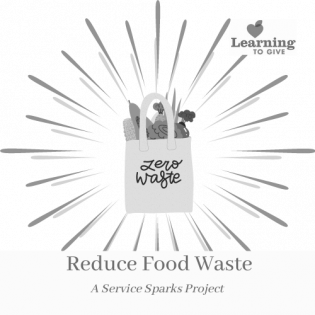Youth discuss and examine ways to influence healthy food choices related to their interests and understanding. They brainstorm service projects and use a decision-making model to choose a project. They implement their service project and reflect on their action.
Filter by subjects:
Filter by grades:
Filter by audience:
Filter by issue area:
Filter by content type:
Filter by resource type:
resource search
Participants view pictures of families around the world with the food they eat in a week. Through awareness and discussion, they view cultural and regional differences. They discuss the health, cost, and distribution of food around the world.
The youth reflect on basic needs that may be difficult to meet when one doesn’t have a home. They take action by creating personal hygiene kits or asking a local nonprofit how they can help support their efforts to assist people who are homeless.
Learners discuss the word homeless and how it is used in a sentence (as adjective and noun). After reading an article about homelessness by Anna Quindlen, they discuss a respectful way to use the language that describes a group of people who are vulnerable...
Young people learn about global efforts for universal mandatory education and equity for girls in school.
We investigate and expand our understanding of caring and determine things or people we care about.
Learners relate enlightened self-interest to caring by discussing a quote from Alexis de Tocqueville about the American tradition of democracy.
The purpose of this lesson is for the learners to reflect on how philanthropy, enlightened self-interest, and caring are related and to determine why and how they will "care" in the future.
Ignite meaningful action that lights up the world through "Service Sparks" youth projects! Learn about the ways food is wasted in homes, restaurants, farms, stores, and other places. Examine the habits in the community or in your house and propose ways to reduce food waste. Make the next right choice to improve the availability of food to people who are hungry.
In this lesson, we learn about landfills and the global and local management of trash.
